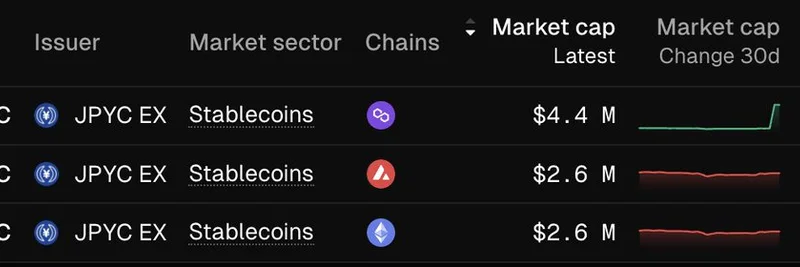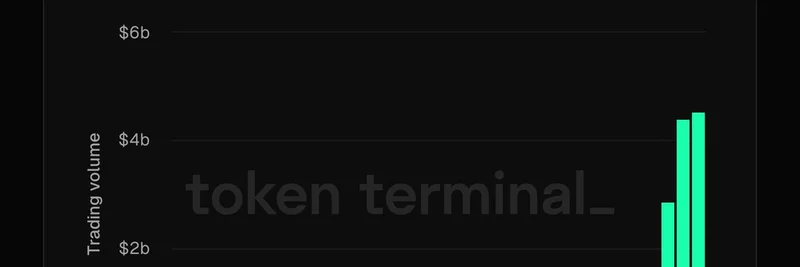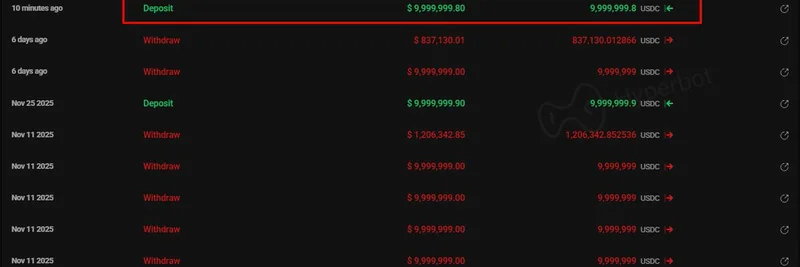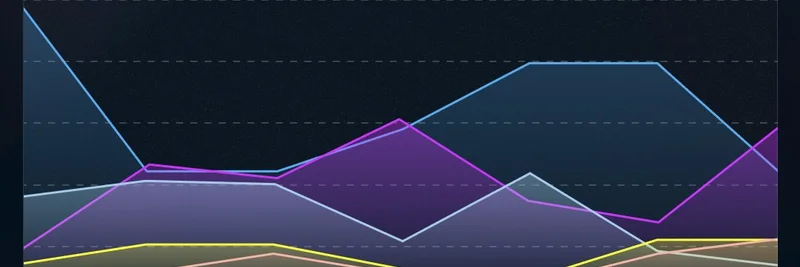In the fast-paced world of blockchain development, especially on Solana where meme tokens thrive, deploying smart contracts—known as programs—can be pricey. But a recent discussion sparked by protocol engineer Noah at Helium might change that. He suggested the Solana Foundation should cover the initial rent costs for deploying programs, reclaiming them if the program sits idle for over three months. This could slash entry barriers, making it easier for budding developers to experiment with new ideas, including wild meme token concepts.
For those new to Solana, "rent" isn't your monthly apartment bill. It's a mechanism where accounts (including programs) must hold a minimum SOL balance to stay active on the network. If they dip below, they risk being purged. Deploying a program requires upfront SOL to make it rent-exempt, often costing hundreds of dollars depending on the program's size. Noah argues this is an unnecessary hurdle: "Cost of deploying a program is such an easy barrier to take down."
The idea quickly gained traction. Solana Foundation's czar, pkxro, responded, "I’ll chat with legal," hinting at potential implementation. Noah followed up, proposing automation via smart contracts to keep things hands-off and legally sound: "You can probably wrap a lot of this up in a smart contract so it's more or less automated, and doesn't give foundation any actual control of the contract code."
Not everyone is fully on board without caveats. Developer Dean Little pointed out that extreme optimizations could mitigate costs, blaming tools like Anchor for bloat: "expensive program deploys is exclusively an anchor problem. we can just solve this at the library level!" Noah countered that even optimized programs cost a few SOL—around $1,000 at current prices—which might deter hobbyists or "moonlighting devs" from testing ideas.
Concerns about abuse surfaced too. Ycrydev joked about deploying a massive "waste of space" program and botting activity to game the system. Noah suggested safeguards like requiring deployers to put down 10% of the cost upfront. Jacob Creech from Solana's dev relations worried about long-term liabilities: if a program gains adoption but the foundation pulls funding, they'd be stuck.
Builder Sabir Khan saw the upside for MVPs but warned of farmers exploiting it. Noah's fix: make it impossible for deployers to reclaim funds directly—closures route back to the foundation.
Even product builders are jumping in. Saitamacoder shared progress on a related tool at trex_fdn, incorporating community feedback from SuperteamVN. They're tackling ownership separation, conditional revocations like DAO votes, security against malware, and speedy rollout. "It needs to be shipped quickly because I need it right now," quipped one dev.
This proposal aligns perfectly with the meme token ecosystem on Solana, where quick iterations and low-cost experiments fuel viral hits. Think Pump.fun or countless cat-themed tokens—lower deployment costs could unleash a flood of creativity, helping devs prototype without breaking the bank. As Solana continues to dominate the meme coin space, initiatives like this could solidify its edge over rivals like Ethereum or Base.
If you're a blockchain practitioner eyeing meme tokens, keep tabs on Solana's dev updates. Tools and subsidies like these not only democratize access but also enrich the knowledge base at platforms like Meme Insider. What do you think—game-changer or potential spam fest? Dive into the full thread here for more insights.




